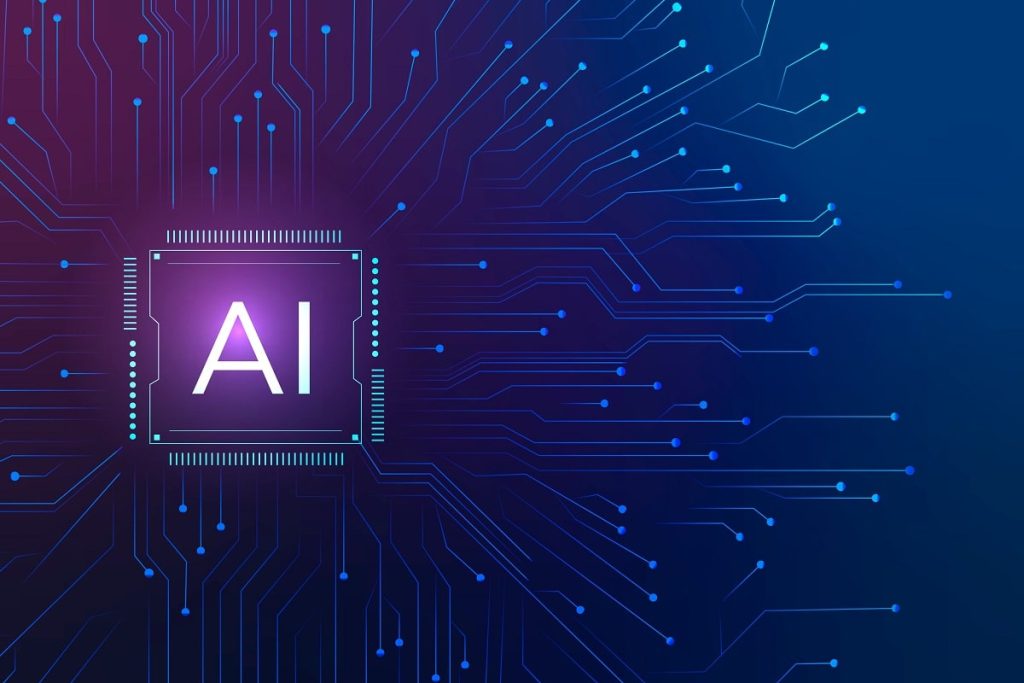New Hire Training

New hire training can help form the initial foundation for new employees in the organization and bridge any potential skill gaps prior to commencement . Employees navigate the onboarding process and understand how they will fit into the larger organization.
New hire training/onboarding programs provide new employees with practical information such as role responsibilities, company policies and management structures, as well as broader concepts like company culture and values. A critical component is training in line with global best practices for the new hires job responsibilities, the core competencies, key metrics and KPIs, departmental and individual goals, and ultimately what success looks like for the assigned role. An effective new hire training program can establish & foster a culture of continuous development and defined objectives for employees, aligned with organizational goals.
First Time Manager Training

In the ever-evolving business landscape, first-time managers play a pivotal role in shaping the trajectory of an organization. They serve as the crucial link between the top management and the workforce, driving the execution of strategies and maintaining the morale of the team.
However, transitioning from an individual contributor to a managerial role can be challenging Our First Time Manager Training Program is a comprehensive initiative designed to equip new leaders with the necessary tools and essential skills for success. The program is a holistic approach to develop specific competencies related to self and business leadership.
Negotiation & Conflict

Negotiation skills are the ability to communicate and advocate for one’s interests. The lack of negotiation skills can lead to missed opportunities and suboptimal outcomes in the workplace.
It is important for a workforce to learn and understand the importance of negotiation skills.
By investing in training to develop one’s negotiation skills, organizations can help their employees feel more confident and equipped to face challenges at a negotiation table. At SkilledIn our traning on negotiation and conflict management involves focusing on the key principles, strategies, and practical skills needed to conduct successful negotiations. It prepares employees to go beyond intuition and acquire proven tools to help them achieve greater success in negotiation and conflict management at the workplace. While negotiation attempts at reaching the best possible outcome in any given scenario, conflict results in value erosion. Effective conflict management & negotiation helps increase the scope and empowerment of internal and external teams. Specific role plays and real time —– aid in effectively. Our training program includes the opportunity to practice the know-how through real, on-line and in person negotiations with their peers.
AI for Managers

Training for AI is aimed at corporates at all levels as appropriate to role, it involves a balance of foundational knowledge with practical application, helping the understanding of AI’s strategic impact and integration into business operations.
This training provides an introduction to ChatGPT, a powerful AI language model developed by OpenAI. Participants will learn about its capabilities, applications, limitations, and best practices for interacting with and leveraging ChatGPT in various contexts. The training includes standard best practices for creating prompts and exploring examples of impactful prompts. Practice and live demos for common prompt engineering techniques and approaches for writing effective prompts.
By understanding AI tools, employees can leverage data-driven insights, organizations with AI-trained staff can innovate faster and adapt to market changes, maintaining a competitive edge in the industry. With AI knowledge, employees can contribute to innovative projects, fostering a culture of creativity and continuous improvement. As AI becomes increasingly integrated into various industries, training ensures that employees are prepared for future technological advancements.
Employee Engagement & Team Building

In this ever-growing competitive corporate sector, companies focus on many aspects of training their employees but often fail to realize the significance of team building activities. The team building activities hold a key place in the development and success of your organization.
When the team building activities are planned, they not only lead to the success of the company but also boost the morale of the employees.
Team building training programs create a sense of unity and shared purpose among team members. This in turn leads to increased productivity, improved efficiency, and a collective commitment towards achieving organizational goals.
These activities have a powerful impact on boosting employee morale and job satisfaction. When individuals engage in collaborative tasks focused on achieving common goals, it fosters a sense of belonging and camaraderie among team members, opening up communication, establishing a culture based on mutual respect and trust. Consequently, employees feel more valued, motivated, and dedicated to driving the organization’s success.
At SkilledIn, our meticulously designed programs such as experiential team building and outbound workshops enhance the engagement level and synergy of employees. We aim to unlock the full potential of your team, empowering them to achieve higher levels of collaboration, productivity, and innovation.
Customer Service

Customer service goes beyond providing assistance. It’s about creating a positive experience that involves building relationships with customers, understanding their needs and preferences and providing personalized solutions to their problems.
With increasing choices and comparable qualities, customers are turning their focus to ease, comfort and service, thus making Customer Service a very important factor for attracting and retaining clients.
For many customers, their first experience with your business is via your customer service personnel, during that period, service/sales staff are talking to potential customers as a spokesperson on behalf of your brand. Because of this, it is imperative that the core brand values are represented adequately.
Training personnel in customer service skills ensures that processes and language are consistent throughout the business and is in line with the global best practices of the given sector.
Sales Excellence

Skilled salespeople upsell more effectively, and shorten the sales cycle. Standardised Training gives the sales reps the tools, techniques and scripts they need, creating a consistent, repeatable process → easier to track, measure, and improve.
Our Neuro-Linguistic Programming certified trainers deploy specific NLP techniques with a blend of psychology, communication, and mindset work aligned with practical business strategies.
Stress Management and Resiliency Training (SMART) program

Our tailor made SMART program equips individuals with tools and techniques to cope with stress effectively, enhancing productivity and emotional well-being.
It builds coping mechanisms to manage stress effectively and foster emotional, mental, and physical resilience to further help participants thrive in challenging situations aided by self-assessment tools, such as stress inventories and resilience scales. Our Neuro-Linguistic Programming certified trainers deploy specific NLP techniques with a blend of psychology, communication, and mindset work aligned with practical business strategies.
The Strengths Deployment Inventory

Total SDI is a UK based core self assessment tool used for Leadership Trainings globally.
It focuses on motives that drive behaviour and empowers people to improve relationships & manage conflict more effectively in the workplace.
Famed psychologist Dr. Elias Porter created the SDI and developed the Relationship Awareness theory.
SDI gives people an insight on complex issues of motivation, intention, conflict and self worth. It drives stronger relationships & more effective teams Important questions it asks
Where are tomorrows leaders coming from?
What drives your most engaged people?
How do your people interact to achieve the organisations goals ?
How do you connect workplace behaviour to personal motivations ?

